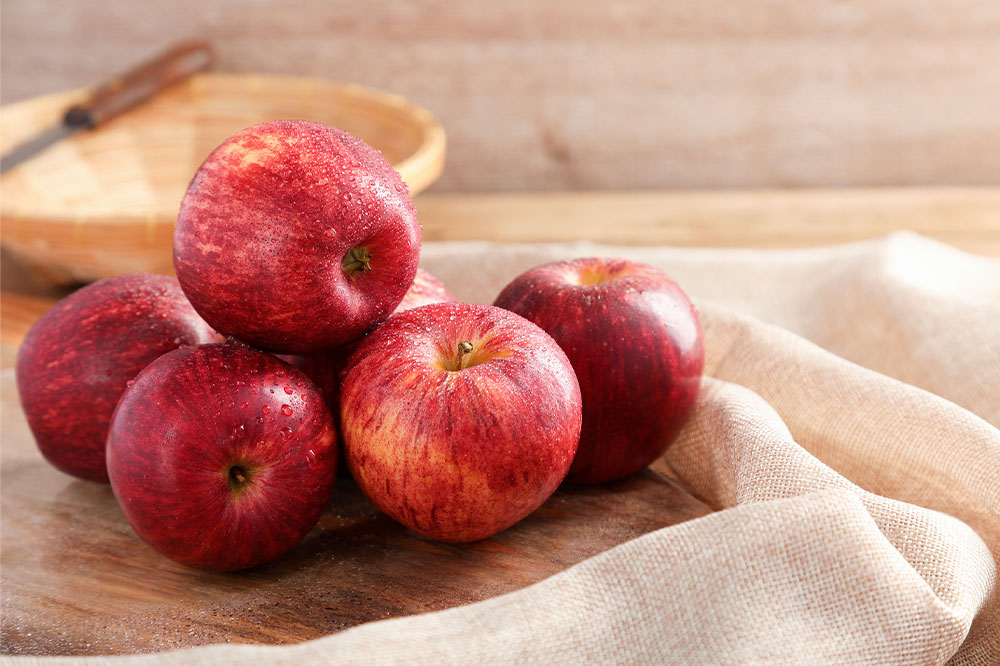Top 3 ways to relieve constipation

Constipation is a condition in which a person passes occasional bowel movements that are difficult to pass. It’s one of the most common digestive problems in the country, affecting around 16 out of 100 adults. It’s often caused by low fiber or water intake. Many people experience constipation occasionally, but for others, it’s a long-term or chronic problem. Here are multiple treatment options, meal plans, and lifestyle changes to help combat constipation:
Treatment options
Some effective treatment options for constipation include:
- LINZESS
LINZESS (linaclotide) is an FDA-approved treatment for adults with irritable bowel syndrome, causing constipation or chronic idiopathic constipation. It can proactively manage symptoms of these health conditions, including stomach pain and abdominal discomfort. It acts locally in the intestine and works by accelerating bowel movements and calming pain-sensing nerves. LINZESS is an oral treatment that is usually taken once a day on an empty stomach, at least 30 minutes before the first meal of the day. Some of the common side effects include diarrhea, gas, abdominal pain, swelling, or a feeling of fullness or pressure in the abdomen.
- MOVANTIK
MOVANTIK (naloxegol) treats constipation caused by opioids, which are powerful pain relievers. It works by blocking opioid receptors in the intestines, enabling bowel movements, and relieving constipation. It’s an oral treatment that is usually taken once per day on an empty stomach, at least 1 hour before your first meal or 2 hours after a meal. In some cases, MOVANTIK may provide same-day relief, working within 6 to 12 hours of the first dose. Common side effects include stomach (abdomen) pain, diarrhea, nausea, gas, vomiting, headache, and excessive sweating.
Nutritional changes
When suffering from constipation, the choice of foods matters a lot. Some foods can relieve the condition, while others can make it worse.
Foods to eat:
- Apples
Apples are a rich source of fiber, especially insoluble fiber. However, it also contains pectin, a soluble fiber that softens the stool and accelerates stool movement through the intestines, alleviating constipation.
- Prunes
Dried plums, or prunes, are well-known for relieving constipation. They contain a high amount of fiber, both soluble and insoluble. They work by adding bulk to the stool to encourage its movement. Additionally, prunes contain phenolic compounds, which may have a laxative effect.
- Spinach
This leafy green is packed with fiber and other essential nutrients, such as vitamin C and K and folate. It can add bulk and weight to the stool, making it easier to move through the intestines. Besides spinach, kale, collard greens, and broccoli are also great options.
- Chia seeds
The tiny seeds are among the most fiber-dense foods. They form a gel-like consistency in the gut, softening the stool and promoting bowel movement. Chia seeds are versatile and can be added to oatmeals, smoothies, and dips.
Foods to avoid:
- Dairy
Dairy products like milk, cheese, and ice cream cause constipation in some people, especially toddlers and kids. People who are sensitive to the protein found in cow’s milk may be more likely to experience this. It’s best to steer clear of all dairy products, including low-fat versions when suffering from constipation.
- Potato chips
Fried foods like potato chips are high in fats and low in fiber. This combination can slow down digestion and worsen constipation. Avoid other high-fat foods such as french fries, fried chicken, and donuts.
- Unripe bananas
Unripe bananas can slow down bowel movements. In fact, they’re used to treat diarrhea, which involves more frequent bowel movements than usual. Conversely, ripe bananas are a good source of soluble fiber and can help relieve constipation.
Lifestyle changes
Introducing these lifestyle changes can quickly provide constipation relief:
- Drinking lots of water
Dehydration is a common cause of constipation. Water helps soften the stool and push it through the digestive tract. Maintaining proper hydration is necessary for regular bowel movements, so aim to drink 7 to 8 glasses of water a day. Drinking a glass of water right after waking up in the morning is particularly helpful when it comes to encouraging bowel movements. Also, don’t replace water with other fluids like coffee, tea, or soda, as these can worsen the condition.
- Eating plenty of fiber
To combat constipation, it’s crucial to increase fiber intake. Fiber binds waste in the colon, increases the size and weight of the stool, and softens it, all of which help make the passing of the stool easier and pain-free. Include many high-fiber foods in the meal plan, such as oats, whole-wheat bread, beans, lentils, walnuts, almonds, and leafy green vegetables. Make sure to drink plenty of water with these foods, as it encourages movement of stool through the colon.
- Exercising regularly
Multiple studies have shown that exercise can improve constipation symptoms. Working out helps keep the stool moving through the colon. Engage in moderate-intensity activities like walking, jogging, cycling, or swimming. Walking for 10 to 20 minutes after meals also helps with constipation and improves overall health.
- Not holding bowel movements
If you have an urge to use the toilet, go as soon as possible. Holding it in is a bad idea, especially when suffering from constipation. That’s because the longer the stool stays in the bowel, the drier and harder it becomes, causing difficulty in its passing.